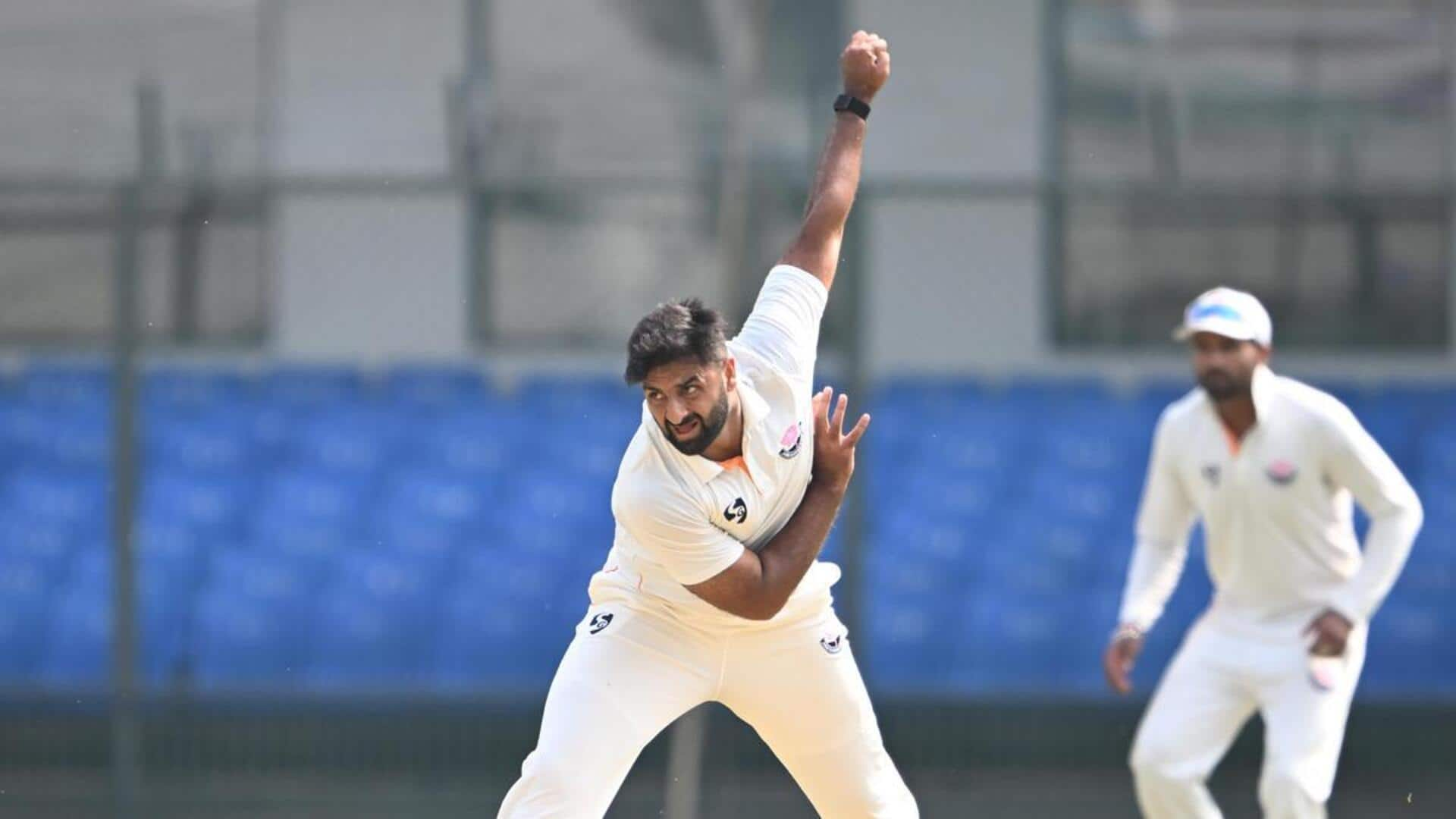Embracing Vulnerability
Arjun Kapoor's presence at the FICCI Young Leaders Summit offered a glimpse into his personal experiences. He opened up about his mental health journey,
emphasizing the significance of therapy and the courage to be vulnerable. Kapoor's words weren't just a casual conversation; they were a call to action. He encouraged the audience, especially young people, to seek professional help without hesitation, promoting the idea that vulnerability isn’t a weakness but a strength. This perspective challenges societal norms, especially in the context of Indian culture, where mental health discussions are often kept behind closed doors.
Normalizing Therapy Sessions
One of the key messages Kapoor conveyed was the necessity of normalizing therapy. He spoke about the need for open discussions regarding mental health, breaking the taboo associated with seeking professional help. By openly discussing his personal struggles, Kapoor aimed to inspire others to recognize that seeking therapy is a healthy and essential part of self-care. This advocacy highlighted a critical need within the Indian community, where mental health services are often underutilized due to stigma. Kapoor's message was a step towards fostering a more accepting and supportive environment for individuals grappling with mental health issues.
Beyond Personal Battles
Kapoor's openness went beyond just sharing his story; it served as a means to reach out to the younger generation. He wanted to provide them with the knowledge that it is okay to not be okay. The actor spoke about issues like body image, mental well-being, and the loss of his mother, Mona. He was an advocate for people to acknowledge and address their emotional needs. His words had a powerful impact, encouraging young people to be proactive about their mental health, seek help, and build a more supportive community.
Encouraging Open Dialogue
The actor’s participation in the summit was a conscious effort to encourage open conversations around mental health. He shared his life experiences and served as an example of an individual who has overcome adversity. This open approach can help normalize mental health conversations within the family, among peers, and within broader social circles. It also sets the stage for a better awareness of mental health issues. His initiative helps build a supportive environment for individuals grappling with mental health challenges.
















